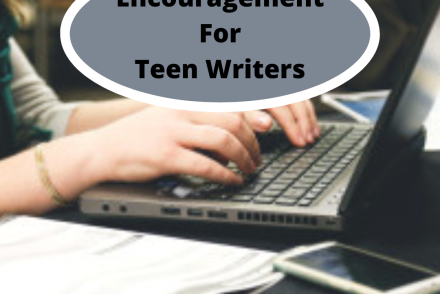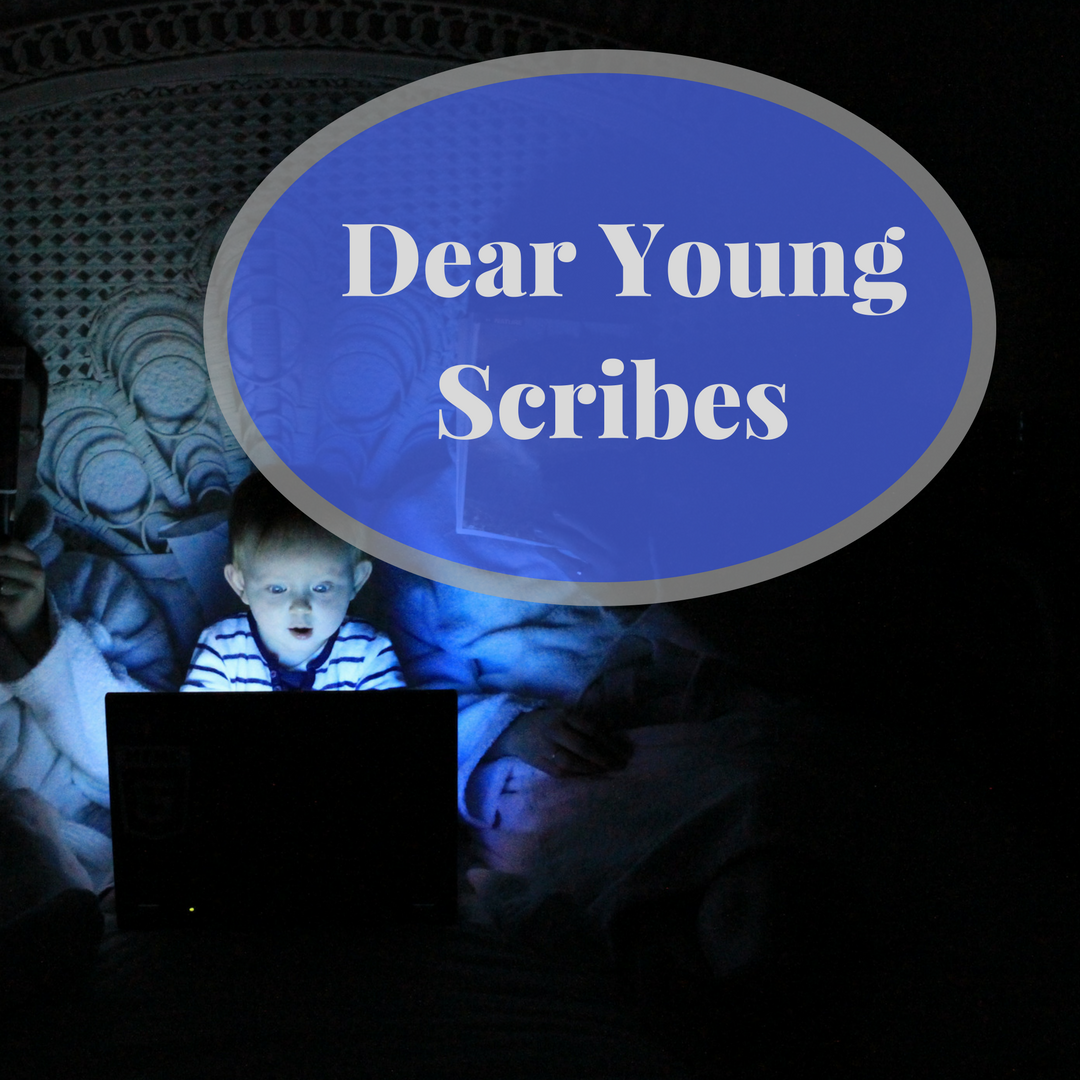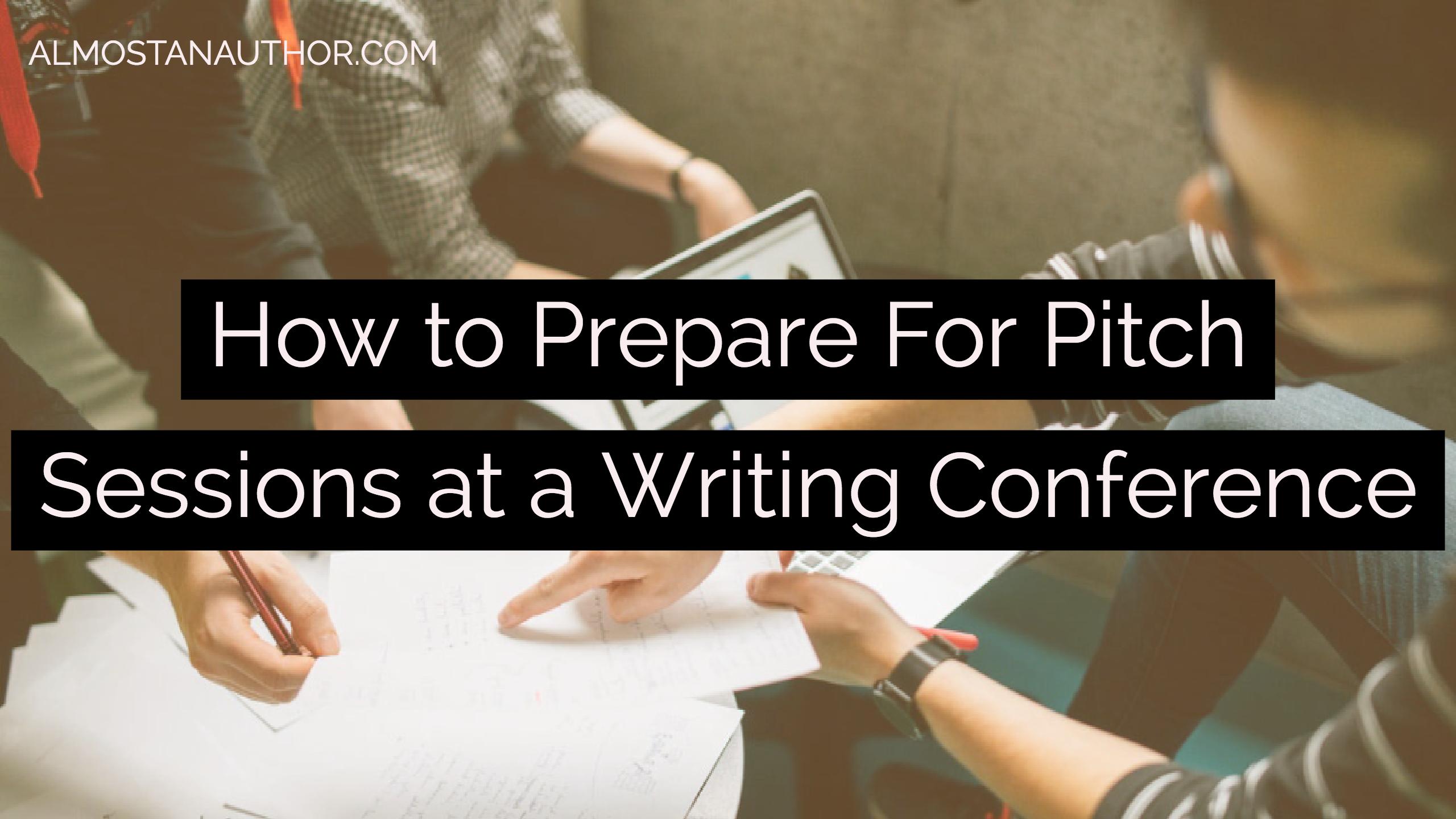
Supporting Aspiring Teen Writers
There is much to look forward to when one becomes a writer. From the opportunity to express a unique…
August 9, 2022
There is much to look forward to when one becomes a writer. From the opportunity to express a unique…
August 9, 2022
I was fifteen years old when I officially decided to launch my writing journey. I began by devouring books…
August 9, 2018
I attended my first writing conference when I was sixteen-years-old. This is what lead to the publication of my first…
November 9, 2017
When I was in elementary school, I was taught to incorporate as many adjectives and adverbs into my stories…
August 9, 2017
The writing journey is not a smooth, easy ride. There will be setbacks, failures, doubts, and frustrations along the…
November 8, 2016
As Tatooine’s twin suns slowly inch to the sand dunes in the horizon, a lone figure strains his eyes…
September 11, 2016
Setting is far more than the backdrop of a novel. It’s the environment that breathes life into a story. It…
June 19, 2016
For most writers, our passion to write was birthed from a passion to read. We grew up immersed in…
March 10, 2016
“Does building a platform really increase chances of publication?” This is a question many beginning authors ask when they…
February 19, 2016
[bctt tweet=”5 Reasons Teens SHOULDN’T Pursue a Writing Career #teenwriters #writingtips”] When I was 14, I emailed a best-selling…
January 14, 2016
[bctt tweet=”How to Set Writing Goals and Finish Your Book #writingtips @tessaemilyhall “] As a teen, you have…
December 29, 2015
[bctt tweet=”#TeenWriters: To avoid weak writing, check your book for these common mistakes #writingtips@tessaemilyhall “] Teen writers: You’re entering an…
October 9, 2015
Although I don’t believe every teen writer should strive for publication, let’s face it: More and more teen authors…
September 2, 2015
Thanks to my past teen self, I will never run out of book ideas. I spent those years writing pages…
August 25, 2015
Whenever someone asks if I have advice for teen writers, I tell them three things: Read, research, and write.…
July 2, 2015
“I’m a teen writer. How can I become published?” This is a question I’ve been asked countless times. I,…
June 18, 2015